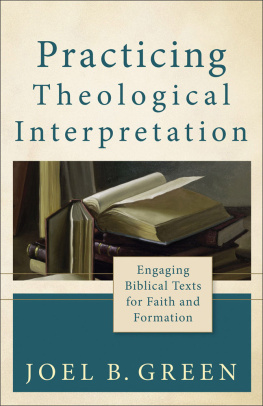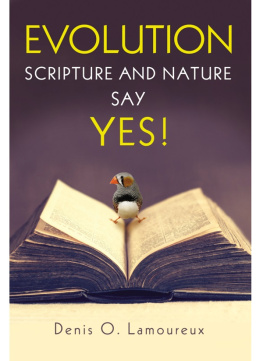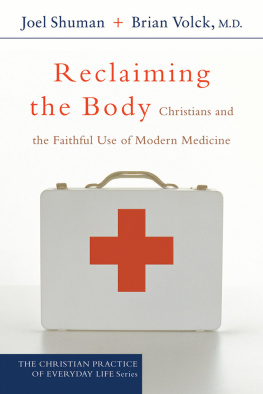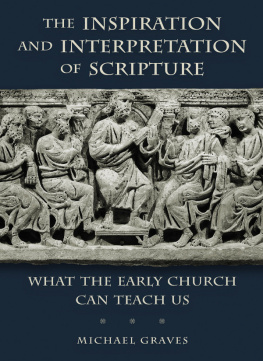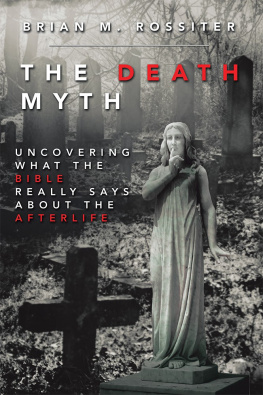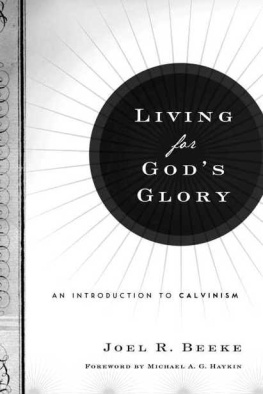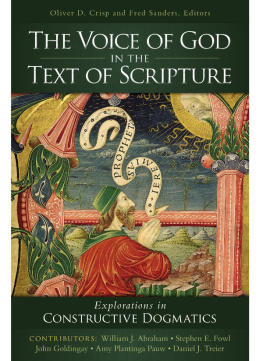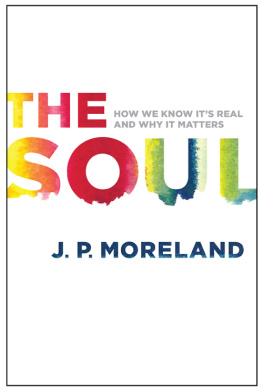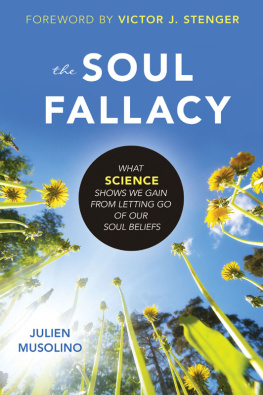
Series Editors
Craig G. Bartholomew
Redeemer University College
Joel B. Green
Fuller Theological Seminary
Christopher R. Seitz
Wycliffe College, University of Toronto
Editorial Advisory Board
Gary Anderson
University of Notre Dame
Markus Bockmuehl
University of Oxford
Richard Hays
Duke University Divinity School
Christine Pohl
Asbury Theological Seminary
Eleonore Stump
Saint Louis University
Anthony Thiselton
University of Nottingham
University of Chester
Marianne Meye Thompson
Fuller Theological Seminary
Kevin Vanhoozer
Trinity Evangelical Divinity School
John Webster
University of Aberdeen
Jim Kinney
Baker Academic

Copyright 2008 Joel B. Green
Published by Baker Academic
a division of Baker Publishing Group
P.O. Box 6287, Grand Rapids, MI 49516-6287
www.bakeracademic.com
Ebook edition created 2012
All rights reserved. No part of this publication may be reproduced, stored in a retrieval system, or transmitted in any form or by any meansfor example, electronic, photocopy, recordingwithout the prior written permission of the publisher. The only exception is brief quotations in printed reviews.
ISBN 978-1-4412-1075-3
Library of Congress Cataloging-in-Publication Data is on file at the Library of Congress, Washington, DC.
Unless otherwise stated, Scripture quotations are taken from the NEW REVISED STANDARD VERSION BIBLE, 1989, by the Division of Christian Education of the national Council of the Churches of Christ in the U.S.A., and are used by permission. All rights reserved.
Few biblical interpreters have delved as deeply into the science of the human brain as Joel Green. Here he draws upon that learning in conversation with Scripture to put forth a fresh picture of human existence, one that makes sense from both perspectives. He does not shy away from hard questions, especially those about life and death, body and soul.
Patrick D. Miller , Charles T. Haley Professor of Old Testament Theology Emeritus, Princeton Theological Seminary
In this outstanding work, the author provides a scholarly and thoroughly biblical analysis of human personhood in dialogue with the neurosciences. This book is likely to provide the definitive overview of this topic for many years to come.
Denis R. Alexander , Director of The Faraday Institute, St. Edmunds College, Cambridge
If you think nothing new ever happens in theology or biblical studies you need to read this book, an essay in neurohermeneutics. Green shows not only that a physicalist anthropology is consistent with biblical teaching, but also that contemporary neuroscience sheds light on significant hermeneutical and theological questions.
Nancey Murphy , Professor of Christian Philosophy, Fuller Theological Seminary
Joel Green serves as the vanguard of interdisciplinary research on this topic. No one combines the requisite background in theology, biblical studies, and the natural sciences as adeptly as Green, and with the critical thinking needed to move along the interstices of these disciplines. Indeed, he succeeds at closing the gaps between these disciplines. In this volume, we see him examining the biblical data afresh from his monist perspective, surveying the convergence of biblical studies and the neurosciences on a number of conclusions, and exploring the implications of monism for the church and for our understanding of salvation, mission, and life-after-death. This progress report is another timely and welcome contribution from Professor Green.
Bill T. Arnold , Paul S. Amos Professor of Old Testament Interpretation, Asbury Theological Seminary
Some are students of the Bible. Others are students of neuroscience. Joel Green is both and more. Hes also a student of the human condition. Oftentimes students of the Bible and students of the neurosciences tell radically different and ultimately irreconcilable stories about human nature what we are, who we are and what were made for. In Body, Soul and Human Life Joel Green helps us to listen more attentively both to the Bible and to the unfolding music of the neurosciences. What you hear may surprise you. Far from telling different and irreconcilable stories about human nature, Joel Green helps us to see that these two sources the Bible and the neurosciences actually tell mutually enriching and complementary stories about what it means to be fully human, and fully alive. I heartily recommend it!
Kevin Corcoran , Lecturer in Philosophy, Calvin College
C ONTENTS
To
Jim Holsinger
A human being fully alive...
S ERIES P REFACE
A s a discipline, formal biblical studies is in a period of reassessment and upheaval. Concern with historical origins and the development of the biblical materials has in many places been replaced by an emphasis on the reader and the meanings supplied by present contexts and communities. The Studies in Theological Interpretation series will seek to appreciate the constructive theological contribution made by Scripture when it is read in its canonical richness. Of necessity, this includes historical evaluation while remaining open to renewed inquiry into what is meant by history and historical study in relation to Christian Scripture. This also means that the history of the reception of biblical textsa discipline frequently neglected or rejected altogetherwill receive fresh attention and respect. In sum, the series is dedicated to the pursuit of constructive theological interpretation of the churchs inheritance of prophets and apostles in a manner that is open to reconnection with the long history of theological reading in the church. The primary emphasis is on the constructive theological contribution of the biblical texts themselves.
New commentary series have sprung up to address these and similar concerns. It is important to complement this development with brief, focused, and closely argued studies that evaluate the hermeneutical, historical, and theological dimensions of scriptural reading and interpretation for our times. In the light of shifting and often divergent methodologies, the series will encourage studies in theological interpretation that model clear and consistent methods in the pursuit of theologically engaging readings.
An earlier day saw the publication of a series of short monographs and compact treatments in the area of biblical theology that went by the name Studies in Biblical Theology. The length and focus of the contributions were salutary features and worthy of emulation. Today, however, we find no consensus regarding the nature of biblical theology, and this is a good reason to explore anew what competent theological reflection on Christian Scripture might look like in our day. To this end, the present series, Studies in Theological Interpretation, is dedicated.
A BBREVIATIONS
AB | Anchor Bible |
ABD | Anchor Bible Dictionary. Edited by David Noel Freeman. 6 vols. New York: Doubleday, 1992. |
AGJU | Arbeiten zur Geschichte des antiken Judentums und des Urchristentums |
AS | Advances in Semiotics |
ASRS | Ashgate Science and Religion Series |
BBR | Bulletin for Biblical Research |
BChr |
Next page

